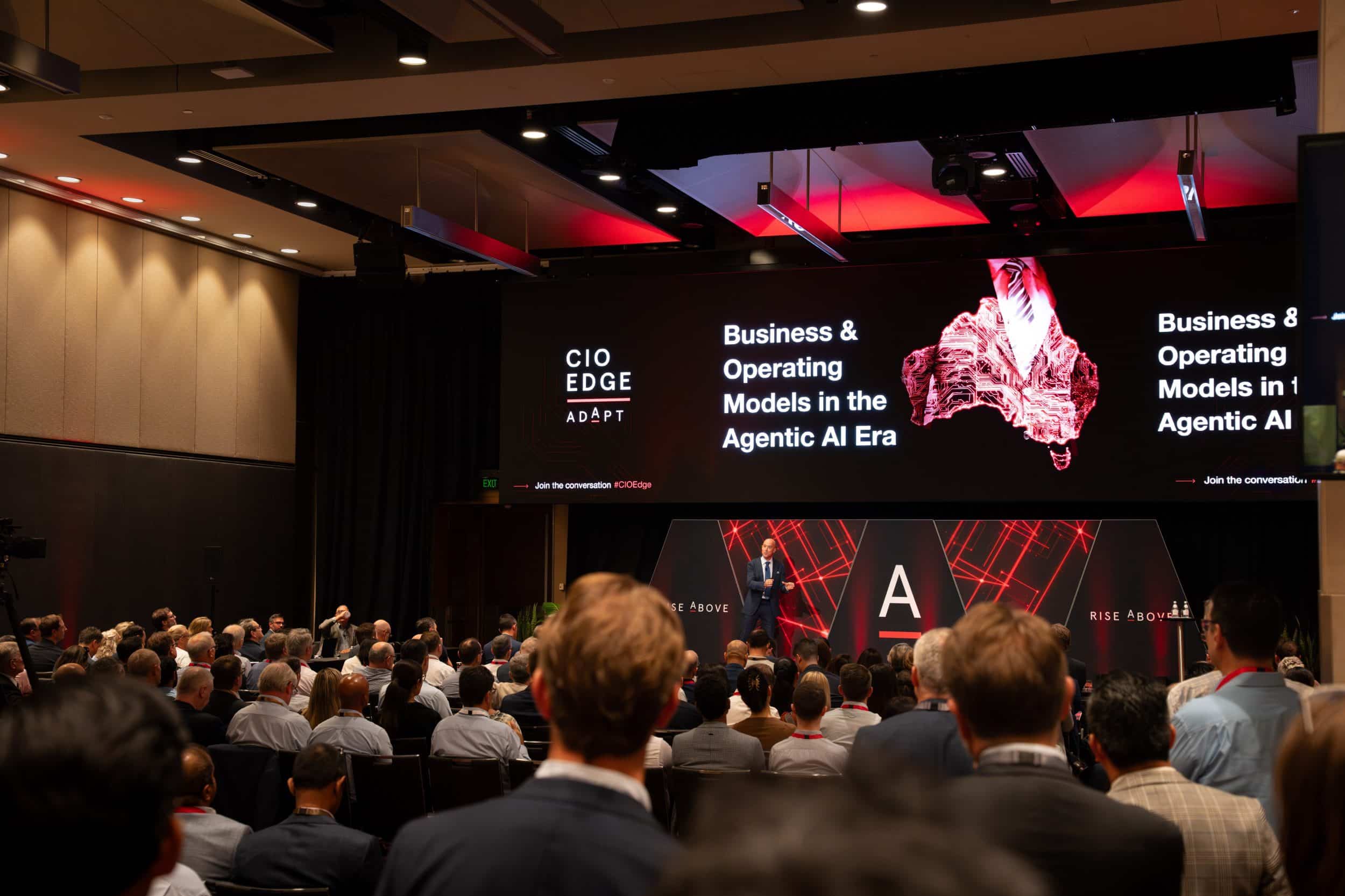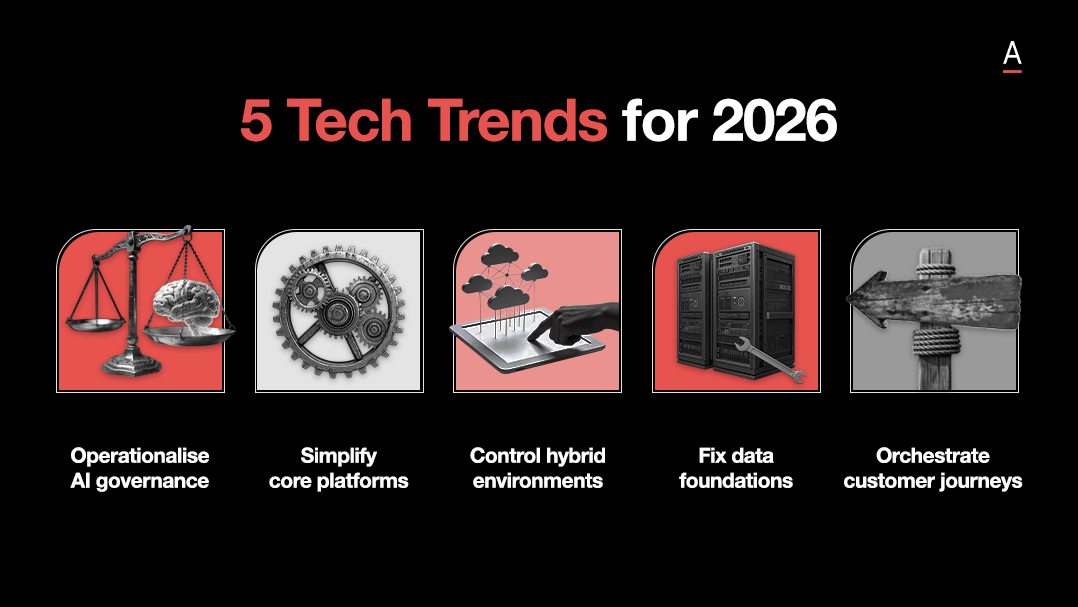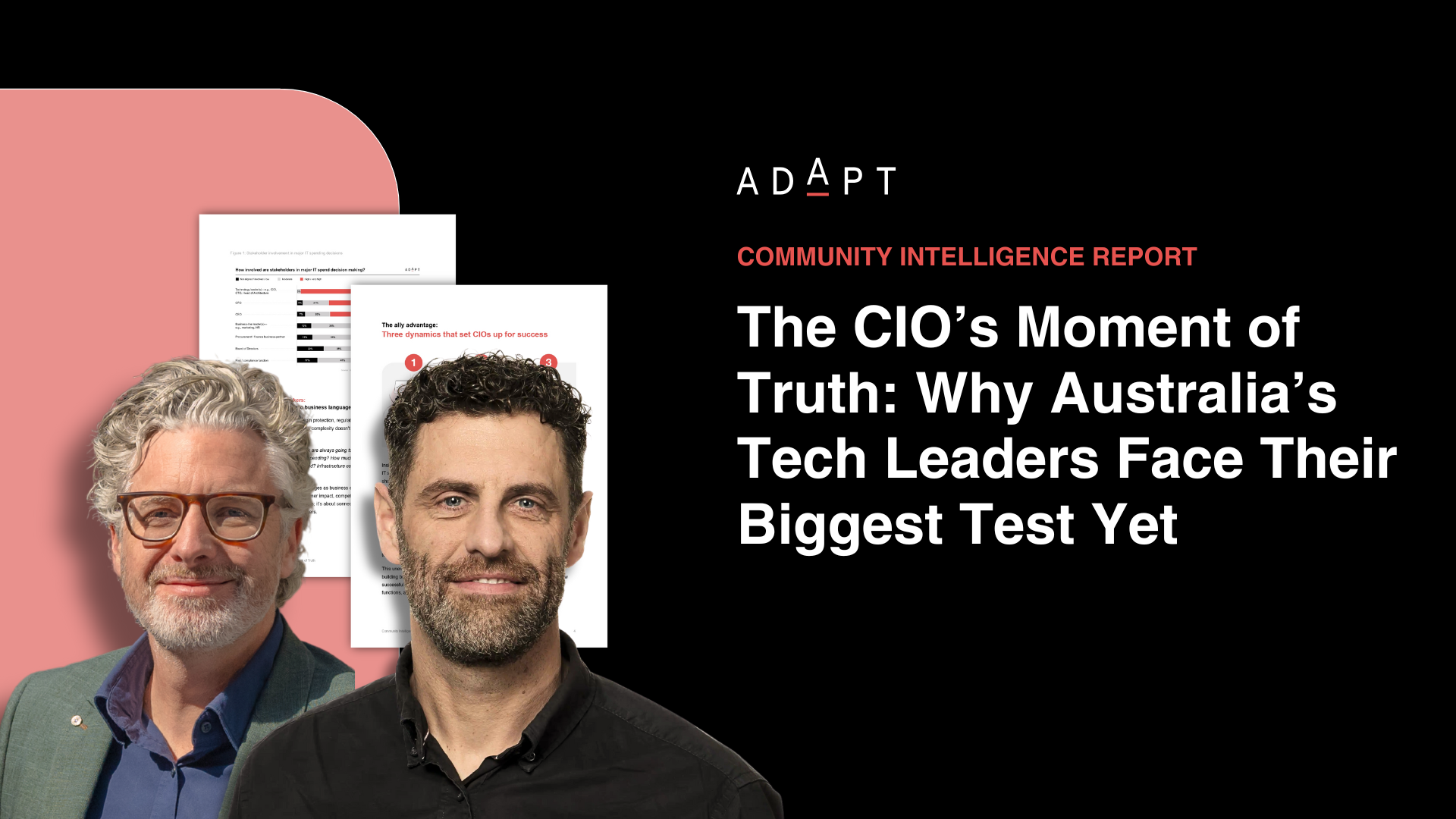AI in Academia: How UTS is Pioneering the Future of Education with Data and Analytics
During an interview at Data & AI Edge, Susan Gibson, Head of Data Analytics and AI at the University of Technology Sydney (UTS), shared her insights on how AI is transforming the university landscape.Higher education is facing numerous challenges, and leveraging AI can be a game-changer.
During an interview at ADAPT’s Data & AI Edge, Susan Gibson, Head of Data Analytics and AI at the University of Technology Sydney (UTS), shared her insights on how AI is transforming the university landscape.
Enhancing Student Experience with AI
Susan discussed the critical role AI plays in addressing the evolving needs of students, especially in the context of rising living costs and the demand for flexible learning solutions.
Prioritising AI investments to generate new revenue streams, improve efficiencies, and enhance the overall student experience.
By providing 24-hour support and predictive insights, UTS aims to offer a seamless and supportive environment for students, regardless of their schedules.
Fostering an Innovation Culture
Innovation doesn’t happen in isolation, and Susan advocated fostering a collaborative environment.
UTS has seen success with cross-functional “tiger teams,” which bring together individuals from various departments to tackle AI-related challenges.
These teams, equipped with training in prompt engineering and AI applications, are driving creative solutions and spurring innovation across the institution.
Establishing Responsible AI Practices
The implementation of AI at UTS is guided by a robust policy framework to ensure ethical use and minimise risks.
Susan explained that their AI policy, based on the New South Wales AI Assurance Framework, addresses potential biases and ethical considerations.
This framework helps build trust and ensures that AI initiatives align with the university’s values and commitment to student welfare.
Key Takeaways:
Effective AI Deployment: Focus on practical applications of AI to solve specific operational challenges and improve efficiency.
Innovation Culture: Foster a collaborative environment by forming cross-functional teams and providing AI training.
Responsible AI Practices: Implement a strong policy framework to address ethical concerns and ensure responsible AI use.






























